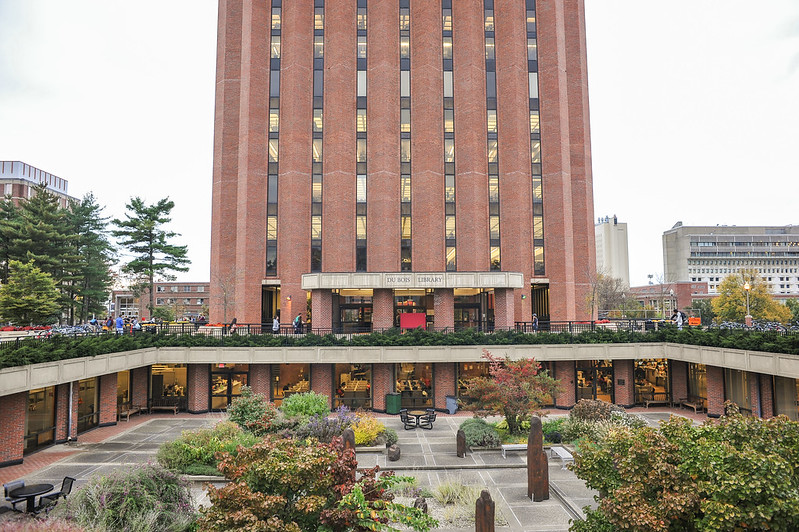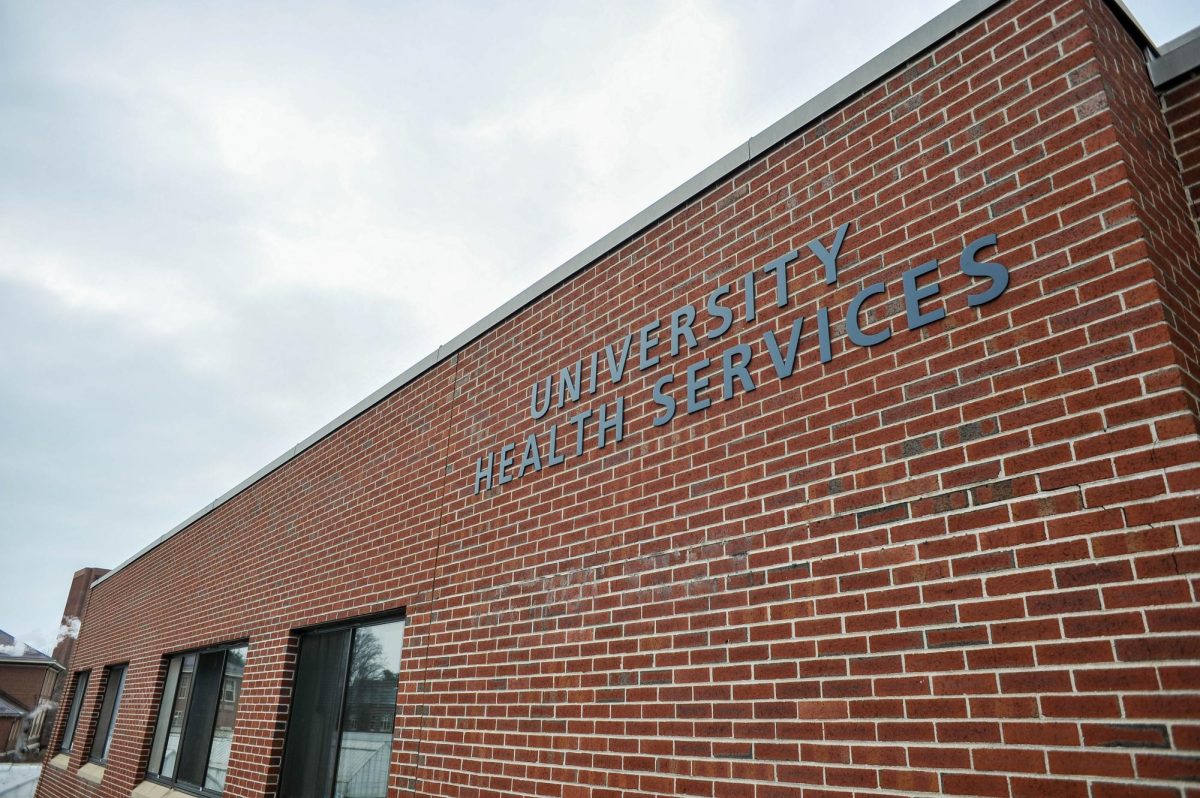When the earthquake struck Haiti, it seemed as though it struck the United States as well.
The U.S. rushed to aid the people of Haiti by providing food, medical supplies and building shelters. According to the United Nations Children’s Fund, UNICEF, about 40 percent of the Haitian population are children ages 14 and under. With such a large population of children displaced, injured, separated or orphaned from their parents, it is essential that the Haitian government make sure they are as safe as possible.
Children are the victims who should be the main concern of the public, and they are for many organizations such as UNICEF.
Unfortunately, there have been instances in the wake of the earthquake that are putting children in danger. One such incident occurred in the aftermath of the Jan.12 earthquake, when 33 Haitian children were kidnapped by 10 Christian Baptist missionaries from Idaho. This is a very serious international issue that could threaten the credibility of Christian missionaries from the United States.
At the Newman Catholic Center on campus, Father John Gawienowski agreed that the main concern is the children’s safety. He believes you can never be too cautious, especially in circumstances like these recent events.
This careful consideration is especially important as there is a huge threat to the youth in Haiti. Sex trafficking and child slavery is expected to increase as a result of the earthquake.
According to The Atlantic magazine an estimated “quarter-million Haitian children are trafficked [into slave labor or the sex trade] within the country each year.” This rate is expected to increase in Haiti.
Haitian children are more vulnerable than before because there are too many factors in the aftermath of the earthquake distracting the public from watching over the children’s safety. Haiti’s capital, Port–Au-Prince, is demolished and providing food, shelters and medical needs are the priorities of international agencies looking to help victims of the earthquake.
It is important for there to be officials who are assigned to keep track of the groups that are working with the children. This way there will be physical and verbal interactions between the government and the missionary groups. With a system in place, all the right paperwork will be completed and background checks will be far more thorough to ensure children are being placed in the right hands. This will hopefully prevent trafficking and keep innocent people out of jail.
Unfortunately, protocol was not followed by Laura Silsby’s group. Earlier this month, Laura Silsby and the other nine missionaries were arrested and charged with one count of kidnapping. These charges could result in five to 15 years in prison.
Haitian attorney Edwin Coq, who was recently dismissed from being the lawyer for the group of missionaries because of an alleged bribe he made to get the group out of jail, believes that Silsby lied to the group about having the necessary papers for adoption.
Coq believes that she took advantage of the “naïveté” of the other members. Coq said, “I’m going to do everything I can to get the nine out. They were naïve. They had no idea what was going on and they did not know that they needed official papers to cross the border, but Silsby did.”
The trial is being held in Haiti under Haitian law, and Christopher J. Schmidt, a lawyer from St. Louis, Mo. who works in international law,, believes that it is unlikely they will be coming back to the United States for a trial. According to Frank Bajak of the Associated Press, the reason for this is that the children never crossed an international border; therefore U.S. statutes will not apply.
According to the missionaries, they were trying to take the children to the Dominican Republic where they would create an orphanage in order to provide the children with shelter. They spent about a week gathering children before their Jan. 29.apprehension. The group leader, Laura Sailsby, claimed she was unaware that she had to acquire the proper paper work for the children to cross the border. She has also claimed that the children’s parents were willingly giving up their children because they believed their children would have a chance at a better life.
There are many concerns over whether or not the Baptist missionaries had good intentions. To assume that you could bring children across borders, even during a crisis such as this, seems irrational. There is always protocol, and Silsby should have thought through her plans thoroughly before trying to take the children out of Haiti.
This incident is not a good example of Christian missionary work, but it is not the only example of relief efforts Christians are providing. There have been many groups that have gone down to Haiti and are making strides. Reverend Mark Driscoll of Mars Hill Church in Seattle and Pastor and James McDonald of Harvest Bible Chapel in Chicago went to Haiti in order to rebuild and restore sanctuaries and places of worship to use them as shelters. These churches will hopefully allow people to feel safe and establish a sense of community.
It is vitally important for the global community to band together and offer aid and support to Haiti despite the economic woes of our time. Countries need to continue offering to Haiti what they can in order to help rebuild their country and keep the Haitian people safe.
But even with this aid, Haitian officials, volunteers and donors need to be suspicious. There are serious threats, especially to children, and people need to consider and evaluate these suspicions with due process and rationality.
Sarah Gamsby is a Collegian columnist. She can be reached at [email protected].












dylan • Feb 17, 2010 at 1:27 pm
The popularity of Haitian orphans has usurped that of purse-puppies.
Disappointed • Feb 16, 2010 at 3:26 pm
I’m aghast at this story. I’m a christian missionary myself but it’s just common sense that you can’t take people across borders without legal permission, visas, etc.
Handler • Feb 16, 2010 at 2:15 am
Very nice analysis of a complex situation. I’ve read every article written about this fiasco spearheaded by Laura Silsby and think this is the best one written to analyze root causes and actions which cry foul louder than words. Her evil actions hurt good causes beyond the crime she knowingly committed.